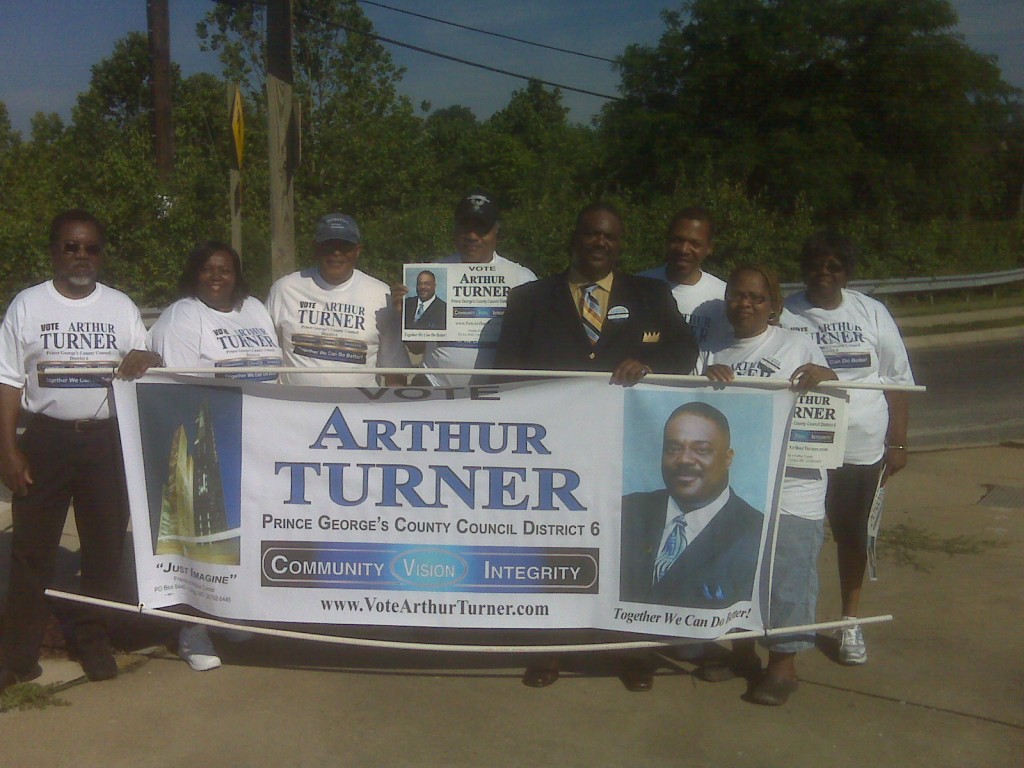Many Smart People Can’t Name Their Elected Officials
You might be surprised at the number of intelligent, well-educated and well-informed individuals who can’t name their elected officials at the local, state and national level. I was one of them until recently, and I’ve been amazed to discover more and more folks like that. Apparently, few of us took our civics lessons to heart, especially the part about knowing your representatives.
Two months ago, I began working with a candidate for the Prince George’s (Md.) County Council, my first foray into a political campaign.
Not long before then, I couldn’t tell you which councilmanic district or legislative district I live in, and I certainly couldn’t name the current officeholders. Now I’m finding that the majority of people I ask are just as clueless, even those with college degrees and good jobs, professionals who are productive and responsible members of society.
Why don’t more of us make a point to know which local councilmembers, state representatives and state senators represent us? Speaking from personal experience, I didn’t see much of a connection between my life and my elected officials. I didn’t see how knowing who’s who would make any difference, positive or negative.
For the most part, that’s true. Knowledge alone doesn’t make as much a difference as volunteering with Big Brothers or another service-oriented non-profit. It doesn’t make as much a difference as becoming involved with the homeowners association or neighborhood advisory group. It doesn’t make as much a difference as doing good works through my fraternity, church or business. That’s why my ignorance – although embarrassing when exposed – never really bothered me.
I see things a little differently now. It pays to know your elected officials because they can affect the efforts of your non-profit, homeowners group or business. If you keep track of your representatives and decide they’ve been a hindrance rather than a help, you can work against their re-election. If so, you must study the candidates running for office, making sure you make an informed decision. Then hold them accountable and repeat the process.
Judging by the turnout for candidates’ forums, public hearings, homeowner meetings and other civic-minded events (including most elections), I think the majority of citizens will remain spectators rather than participators. It’s simply too easy to do something fun instead, to leave the serious issues and serious work to others. But now that I’ve gotten off the sidelines, I can see the benefits of getting involved:
The folks who get in the game are the folks who make the rules. Everyone else just follows along.
DS
 Follow
Follow

